As the new year starts and the impact of the pandemic continues to create ripple effects across industries and organizations nationwide, there’s no shortage of work to be done for finance teams in state and local government, higher education, and healthcare. From changing audit guidelines to staffing shortages, there continually seems to be new challenges to tackle and new business goals to prioritize. With to-do lists ever growing and, what feels like, the hours in a day shrinking, we turned to Kasey Harris, DebtBook’s Head of Accounting Services, to hear her suggestions on what three things finance professionals should prioritize in 2022.
GASB Regulations and Compliance
For many finance teams, 2021 began with researching, planning, and preparing for the change in regulations that GASB-87 proposed. Fast forward 12 months, many organizations have yet to make progress on this initiative, and the deadline is quickly approaching. Your finance team may be echoing ‘we have plenty of time’, ‘we will get started once audits are over’, ‘we just need to settle into the new year first’ or ‘maybe we will get another extension’. But as of the end of 2021, the deadline for GASB-87 remains in place for fiscal periods ending June 30, 2022, and organizations need to begin preparing for compliance now.
GASB-87 initiates multiple changes to how governmental entities will account for their existing leases and all leases moving forward. The amount of work and resources required to be successful - and compliant before the effective date - are often underestimated. Complying with the new lease accounting standards will require comprehensive research and a strong action plan, involve multiple internal and external contributors, and likely take 3-6 months to implement depending on team bandwidth and number of contracts. That means if your organization follows a 6/30 fiscal year, you have less than 6 months to gather your lease agreements, test them against the new standard, and prepare the newly required analysis in time for your upcoming audits.
On top of complying with GASB-87, there is an additional new accounting standard on the horizon. GASB-96 will take effect one year after GASB-87, beginning with fiscal periods ending June 30, 2023 and later. This new standard will impact subscription-based contracts, so it is in your team’s best interest to locate, gather, and organize those agreements while compiling your lease agreements for 87. The good news about GASB-96 is that once you have a good framework and structure from implementing GASB-87, many of those same principles can be applied to 96 to reduce the time it takes to implement this standard.
For more best practices on how your organization can implement and comply with GASB-87, check out our resource center.
Audit Preparation
The rise of a remote-first work environment can pose challenges when it comes to preparing for audit season. Instead of gathering in a room for two weeks, many organizations are completing audit reviews virtually and in separate locations. This can naturally lead to obstacles when it comes to collaborating with the many parties involved in the audit process such as managers, staff, counsel, financial advisors, external auditors, CPAs, and consultants. Finance professionals should prioritize investing in tools and resources that will help aid the process and reduce the pain points associated with a virtual audit experience. Leveraging a technology platform that provides all necessary parties with support for reasonably certain assumptions, a centralized data hub, and source documentation will make your audits go much smoother and faster. A bonus would be to invest in a software solution that can also automate your note disclosure, such as DebtBook.
Leveling Up Your Finance Team with Technology
A common sentiment we hear from DebtBook clients is that many feel as if they are constantly being asked to do more with less. From long-term employees retiring and difficulty recruiting young talent to fewer financial resources to spread across the entire department, technology really is becoming one of the only ways to address these hurdles. For finance and accounting teams that have not already invested in the tools and technologies that can help scale their operations, 2022 should be the year to do so.
The adoption of a cloud-first approach to accounting is not a sudden revolution, but the current pandemic and staffing shortages have accelerated this trend. Now is the time to embrace the momentum if you haven’t already. If these last few years have taught us anything, it’s to accept that we don’t know what’s coming. Disruption comes in many forms: a pandemic, a natural disaster, a security breach, losing a key team member. Regardless of the disruption, you need to know your team has tools and resources in place to continue operating at full capacity despite these challenges. For example, with DebtBook, your team can collaborate across one platform without the need to go in and out of multiple spreadsheets to manage your debt and lease obligations. Our digital platform provides a central repository for all data analysis, source documentation, and financial reporting that is needed to efficiently and thoroughly manage your debt and lease obligations. And when it comes to the GASB compliance discussed earlier, the right platforms will ensure the implementation experience is as smooth as possible and that your organization can get up and running without any headaches or hurdles to jump through. If you know your organization could benefit from technology but are unsure how to get others onboard with your idea, we recommend you read our article about How to Build a Business Case to learn some tips and best practices.
How DebtBook Can Help
If these priorities have resonated with you as priorities in 2022, DebtBook can help. With DebtBook, complying with GASB-87 and 96 can be accomplished in a fraction of the time it would take you to complete manually, automated note disclosures can be generated in seconds as you prepare for audit season, and our powerful debt and lease management platform can help you gain insightful analysis into your debt and lease obligations without all the manual work associated with spreadsheets.
Disclaimer: DebtBook does not provide professional services or advice. DebtBook has prepared these materials for general informational and educational purposes, which means we have not tailored the information to your specific circumstances. Please consult your professional advisors before taking action based on any information in these materials. Any use of this information is solely at your own risk.








